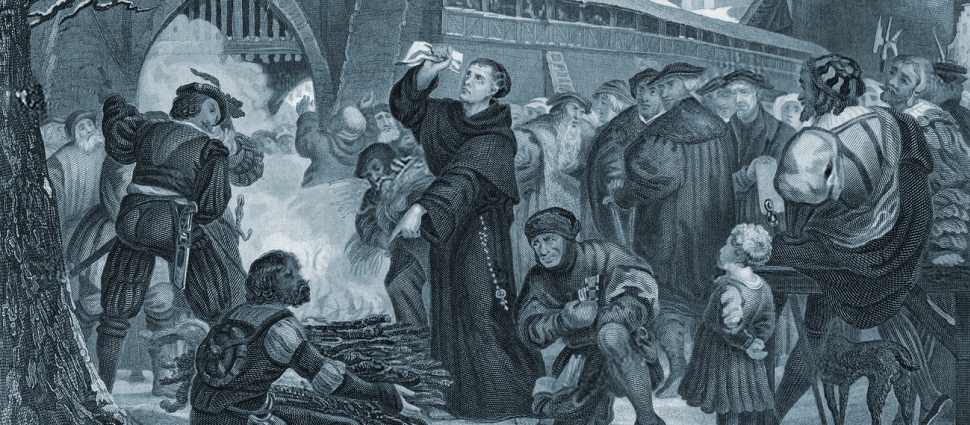Friday, March 27, 2020

Philippians 1:12-14
“I want you to know, brothers, that what has happened to me has really served to advance the gospel, so that it has become known throughout the whole imperial guard and to all the rest that my imprisonment is for Christ. And most of the brothers, having become confident in the Lord by my imprisonment, are much more bold to speak the word without fear.”
Philippians is a friendship letter. In keeping with this, Paul makes mention of his own condition (vv. 12-20). Paul is writing from prison and the church in Philippi was understandably concerned about his wellbeing. Is he healthy? Is he cold? How great is the threat against his life? They would certainly have been concerned about the ramifications of Paul’s imprisonment on the spread of the gospel in general. If the apostle Paul can be imprisoned and silenced then what does that mean for the gospel mission? Certainly, they were concerned about Paul’s heart, how he was holding up spiritually. In this section of the letter Paul seeks to address these concerns.
In the course of it, he teaches us something about the sovereign providence of God in our personal calamities. Something very deep is being excavated for us in this text. Suffering and calamity are part of God’s design to advance the gospel. Certainly there are categories of suffering such as that which results from our own sin and foolishness in which we ought never to boast. But Paul was able to lift up his chains so to speak and see something far beyond Roman cruelty and the hatred of his own people. He was able to see the glorious purpose of God.
The main body of the letter to the Philippian church begins with a note of solemnity: “I want you to know brothers that what has happened to me…” (vs. 12). Paul is sensitive to the fact that his brothers and sisters in Philippi desired to know how he was doing in captivity. They no doubt had great concerns about his health and safety. Ever the pastor, Paul seeks to comfort them with his own confidence in God’s good purposes.
What happened to Paul, of course, had been going on for over two years. His life was under constant threat from Jewish conspirators who sought to kill him. He had been in Roman chains in Judea. Now in Rome, still in chains, he awaited his appeal before Caesar. It would have no doubt been a great source of sadness for Paul that he was required to appeal to a pagan Emperor against the false testimony of his fellow Jews.
“I want you to know brothers…”
Paul certainly knows what at least some of them are thinking: “Why God?”
“Why would you allow your apostle to be held in chains for three years?”
“Why would you allow your servant to be shut down like this?”
So you see what is behind Paul’s disclosure here. “I know what you’re thinking, but this is what is actually happening…” The next clause is remarkable for its brevity and lack of drama: “…what has happened to me…” What a small, seemingly insignificant reference to such a great personal calamity. Paul could have woven a very dramatic tale of his sufferings and drawn the sympathy of the Philippians. But he remains self-effacing.
Alec Motyer sums up the events that led to Paul’s unjust imprisonment:
“He was made the subject of unjust and unprovoked insult and shame (23:2), malicious misrepresentation (24:5; 25:6f.), and deadly plot (23:12ff.; 25:1ff). He was kept imprisoned owing to official craving for popularity (24:27), or money (24:26), or because of an over-punctilious facade of legalism (26:32). The deceit and malpractice and vilification that surrounded his person were past belief . . .”[1]
But Paul just calls all of that, “what has happened to me . . .” Paul did not believe in coincidence. He rejected any notion that God’s universe was given over to the impersonal forces of fate or random accident.
Paul assured them that his captivity in Rome (and therefore everything that led to it) had “really served to advance the gospel” (vs. 12). These words communicate design. Paul was confident that his chains were serving a particular purpose that accorded to the plans of God. That purpose was the advance of the gospel. The Sovereign God who works all things according to the counsel of his will (Eph 1:11) had designed Paul’s captivity to spread the gospel among the Palace guard and even to members of Caesar’s own household.
The word “really” is interesting. A strictly human assessment of Paul’s situation would conclude that his imprisonment would be an impediment to the work of the gospel. But Paul assures his brothers and sisters that his circumstances “really” are accomplishing God’s purpose.
What an extraordinary thought! What a comfort! That God can and does use our suffering and the calamities that befall us as a means to advance the precious gospel of Jesus Christ. No wonder Paul boasted in his weakness and sufferings. No. We do not boast in that suffering which is due to our own sin. But Paul was able to lift up his chains and see something far beyond Roman cruelty. He was able to see the glorious purpose of God.




